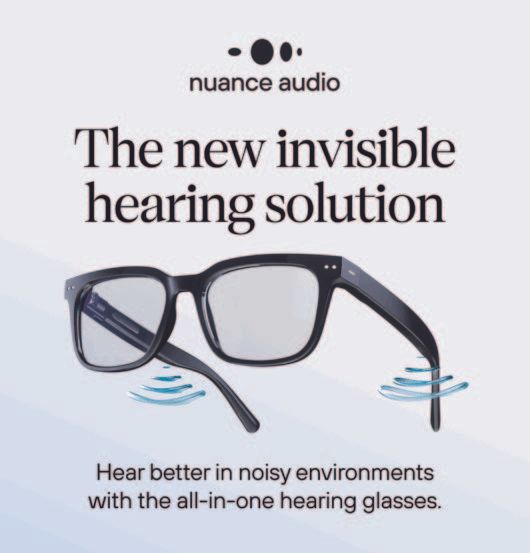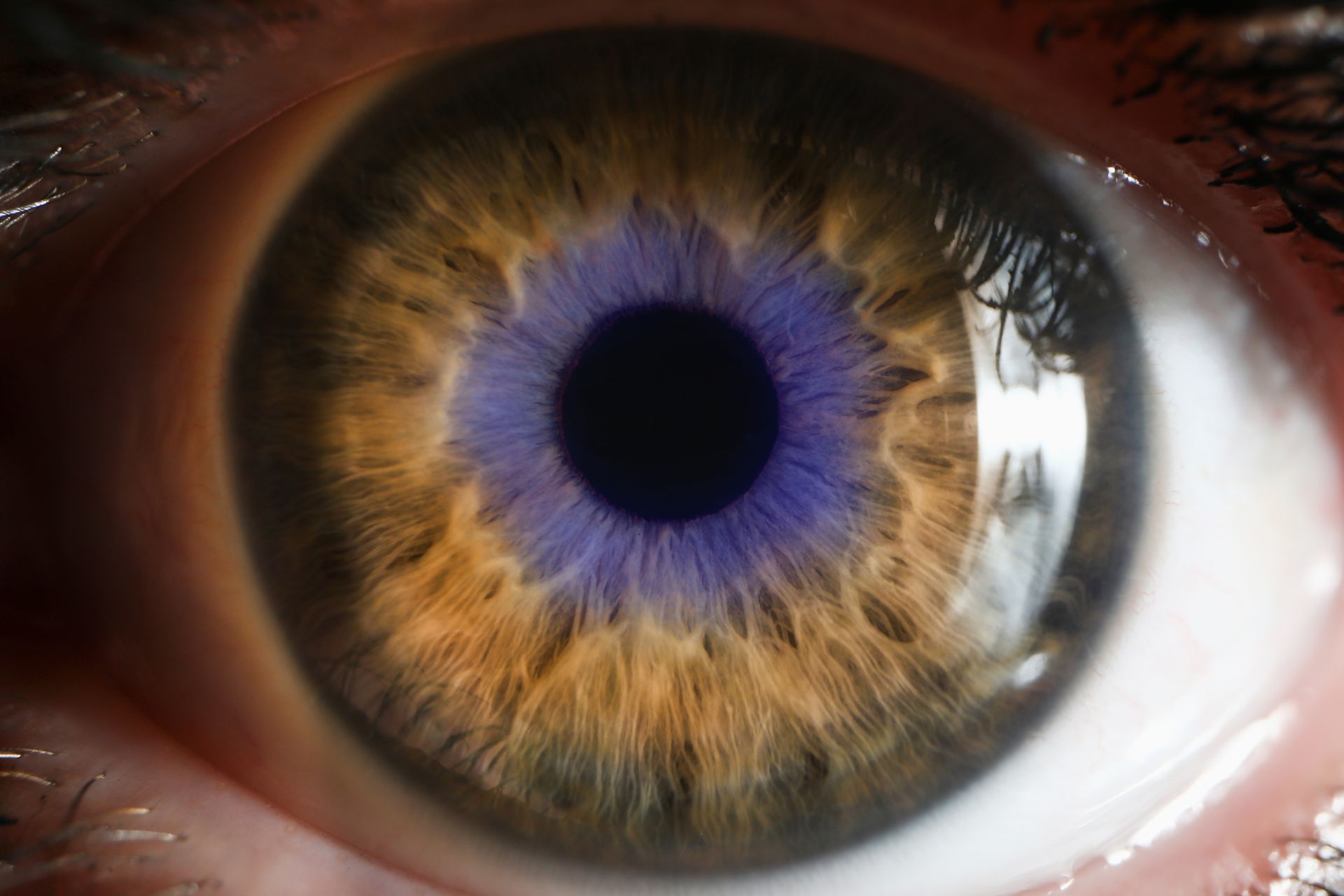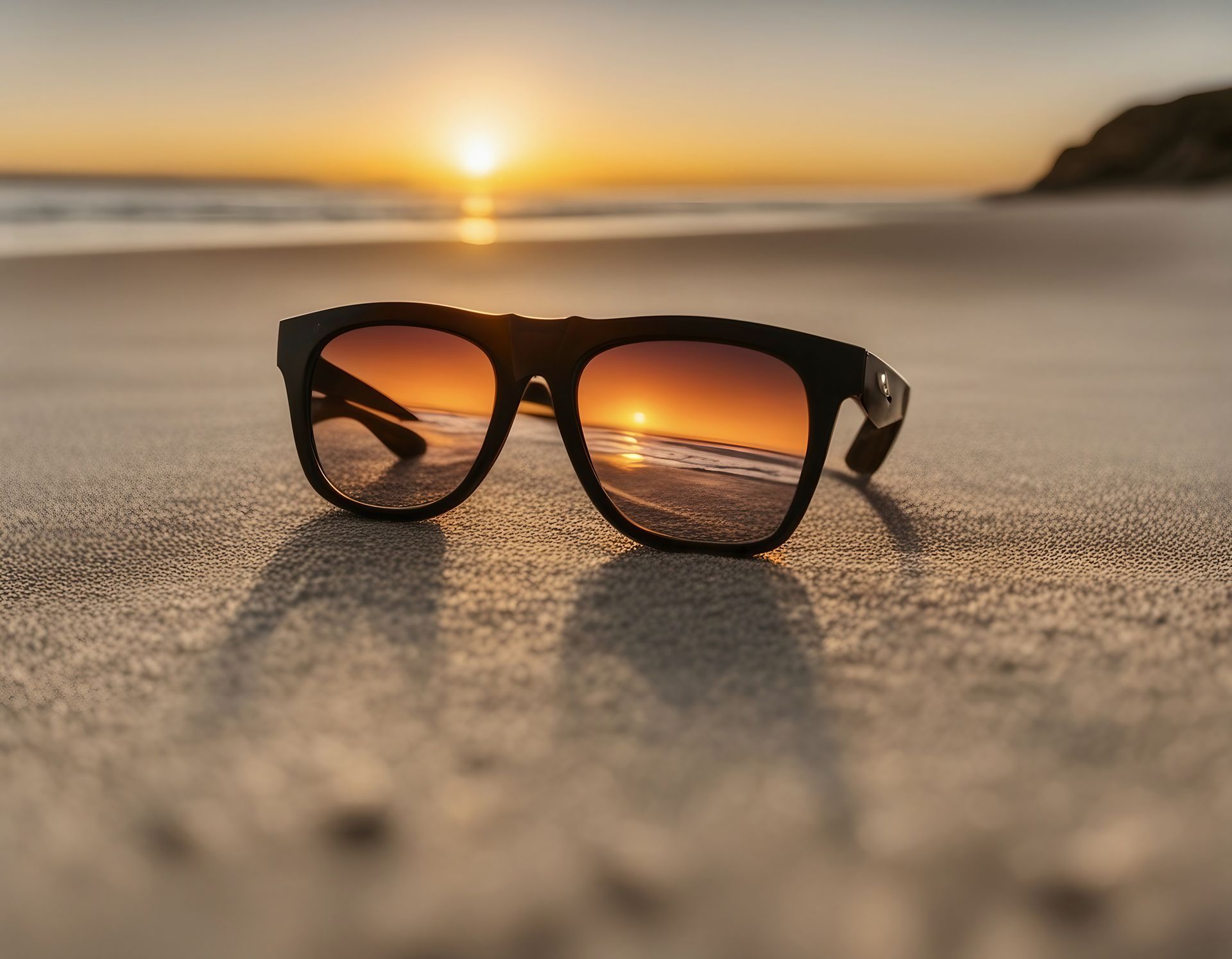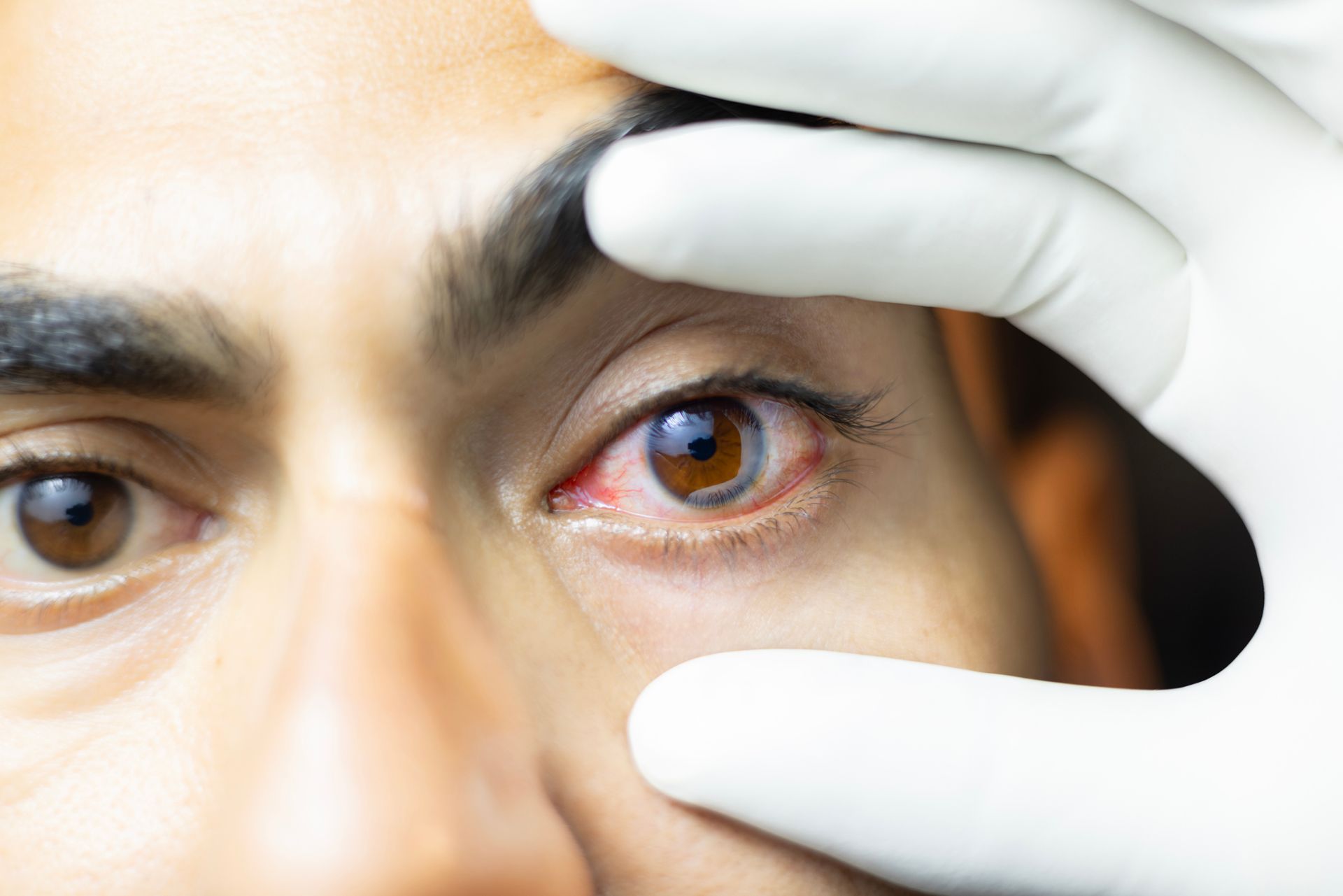Nutritional Support for Eye Health: What Really Works?

If you’ve ever wondered whether diet or supplements can help your eyes, the short answer is: yes, but not all are created equal.
At VISION Michael Hare Optometrists, we focus on the research, not the marketing. Here’s what we know.
What Does the Evidence Say?
The AREDS2 study found that specific high-dose antioxidant supplements (vitamins C, E, zinc, copper, lutein, and zeaxanthin) can slow the progression of moderate-to-advanced age-related macular degeneration (AMD). However, there’s no clear benefit to taking these if you don’t already have AMD or another eye disease.
A Mediterranean-style diet (rich in leafy greens, oily fish, and colourful vegetables) supports long-term eye health and reduces the risk of chronic disease.
Omega-3 fatty acids (from fish or flaxseed oil) may help some dry eye sufferers, especially if inflammation is a factor.
What Should I Take?
It depends on your age, risk factors, and overall eye health. After a comprehensive exam, we’ll provide personalised advice to ensure you’re not wasting money on supplements that aren’t right for you.
Book an eye exam with VISION Michael Hare Optometrists today to get tailored advice on nutrition and vision. We’ll help you separate fact from fiction when it comes to supporting your eye health.
Related Articles:
→ Age-Related Macular Degeneration: What You Should Know
→ Dry Eye Disease: What Is It?
→ How Often Should I Get My Eyes Tested?
References:
- Age-Related Eye Disease Study 2 Research Group. JAMA. 2013.
- Optometry Australia. Clinical Guidelines for Nutrition and Eye Health. 2022.
- Chong EW-T et al. Dietary omega-3s and AMD.
Ophthalmology. 2008.

The New Invisible Hearing Solution: Nuance Audio - now available at Vision Michael Hare Optometrists










